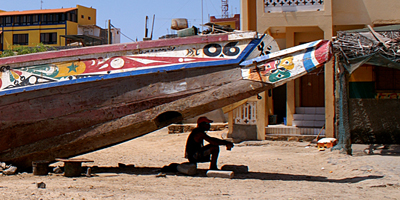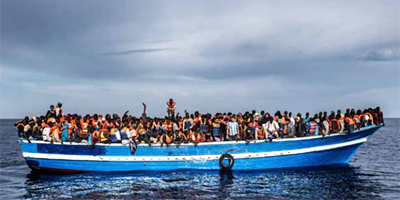In line with the new 2030 Agenda for sustainable development, Italian cooperation considers the impact of migration to be of fundamental importance for the development of the communities of origin. The causes of migration are many but can generally be traced to three basic needs: some migrate in search of better economic opportunities, some flee from conflict and repressive conditions, some are forced to emigrate from fragile countries lacking institutions and infrastructures. Particularly in recent years, the migratory trend has reached stunning levels: 232 million people in movement in the world, a number which has doubled in the past decade; 60 million people forced to free because of wars and persecution (19.5 refugees, 38.2 million displaced persons internally; 1.8 million asylum-seekers). All this in a demographic context in which Africa will see its population double by 2050, when the continent will be home to 25% of the world’s population.
A global commitment to combat migration is already underway, since last November after the EU-Africa summit in La Valletta, with the allocation of 1.8 billion euro. Italy is the second largest contributor to the Trust Fund for Africa, and has already presented a series of projects: one of these is designed to increase professional training for school-age children and the creation of micro-businesses in Ethiopia. One of the projects of the Trust Fund, with financing for 40 million euro, supports entrepreneurship, linking elements of the diaspora to their communities of origin.
In addition to the problem of the migration of African people, there is the refugee crisis, particular concerning Syria: four million refugees, with destabilizing effect on nearby countries, particularly Lebanon and Jordan. In 2015, the United Nations calculated that seven billion dollars would be necessary to aid the Syrian refugees in nearby countries, and Italy is ready to do its part, providing an aid package for the governments of Lebanon and Jordan and working on programs of debt conversion. The Italian contribution also supports the emergency program of the UNHCR in Lebanon, which provides humanitarian aid and actions of maintenance and improvement in the Syrian refugee settlements managed by the U.N. In Lebanon.
In response to humanitarian situations that continue to worsen, Italian Cooperation has arranged for a first package of humanitarian actions for Libya on the multilateral channel for a total value of 1.4 million euro. The goal is to support the more vulnerable categories, with particular attention to actions of protection and prevention of irregular migratory flows along the central Mediterranean route, with initial emergency actions performed by the international organizations more active in Libyan territory: the International Red Cross, the High Commission of the U.N. for refugees (UNHCR), which also operate in the detention centers of the Department to combat irregular migration and monitor operations of rescue at sea, managed by the Libyan Coast Guard; the International Organization for Migration is in the front line of activity of monitoring and assistance along the “Sahara Route” traveled by migrants from central Africa who enter Libya to reach Europe.
In addition, Italian Cooperation attributes particular significance to the protection of minors in migratory processes, both in the countries of origin of the migratory flows and in our country, where the increasing complexity is largely due to issues connected with globalization that involve Italy along with all the other countries. Cooperation acts to support systems of welfare in the countries of origin of the migratory flows with the aim of encouraging policies of development and social inclusion in favor of minors, also through decentralized cooperation.

